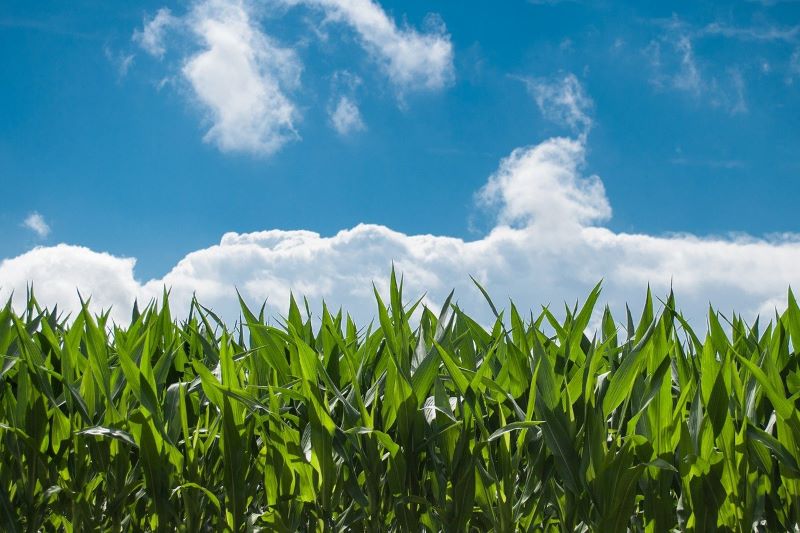Vietnam is the largest corn importer in Southeast Asia. Over the next ten years, Vietnam’s import demand for corn and grain by-products for animal feed is forecasted to triple. The import turnover of animal feed and raw materials reached nearly USD 4.14 billion in the past 10 months, up 29% over the same period in 2020, and is estimated to continue to grow, the General Department of Customs (GDC) reported. Moreover, according to the latest USDA Foreign Agricultural Service report, the expansion of aquaculture in Vietnam is creating more opportunities for feed ingredient exporters to enter the country.
Along with corn, Vietnam is now one of the leading importers of dry cereal flour and DDGS (fermented by-products) from the US, particularly DDGS due to the recovery of pork production and expansion of beef and poultry production, as well as Vietnam’s expanding aquaculture industry.
Nguyen Thanh Son, Chairman of the Vietnam Poultry Breeding Association, said the animal feed industry had the highest growth and development on average over the past ten years. Son said: “The industry has grown by 13-15% per year in both volume and value. This is also the most profitable industry. Many big companies are rushing into the animal feed industry because it is a lucrative market.”
According to the Department of Livestock Production under the Ministry of Agriculture and Rural Development (MARD), the Vietnamese animal feed industry is the most developed in Southeast Asia and ranks tenth in the world in terms of technology. The animal feed production industry is vital, accounting for 65-70% of the value and production, which greatly affects the price of livestock products.
The Department of Livestock Production is planning to initiate projects to help grow the animal feed processing industry between 2021 and 2030. It will utilize solutions that use agricultural byproducts to produce feed, as well as activities in corn and soybean seed development as feed materials, besides developing larger fields and applying the latest technologies in their production.
(Source: Vietnamnews)
